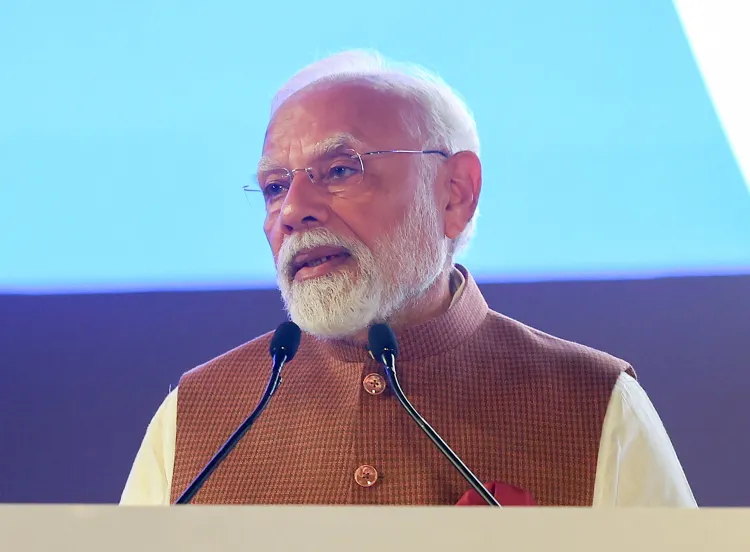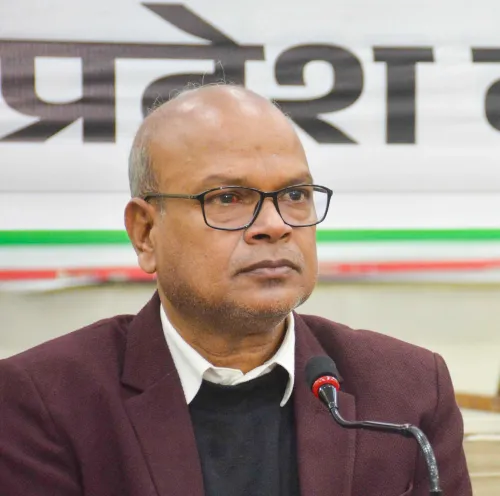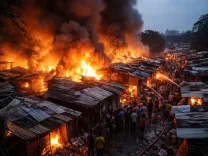What Strategic Agenda Did PM Modi Set in the First Council of Ministers Meeting After Operation Sindoor?

Synopsis
Key Takeaways
- Strategic Agenda: Focus on national security, water policy, and public outreach.
- Operation Sindoor: Retaliatory measures against terror camps in Pakistan.
- Water Management: Updates on the Indus Waters Treaty and infrastructure projects.
- Public Engagement: Ministers instructed to communicate achievements to the populace.
- Future Implementation: A crucial phase for the Council of Ministers in PM Modi’s third term.
New Delhi, June 4 (NationPress) Prime Minister Narendra Modi convened a meeting of the Council of Ministers on Wednesday, establishing the framework for the government’s immediate and long-term strategic priorities, which encompass national security, water policy, and public outreach. This gathering represented the first high-level assembly following India’s decisive military reaction to the April 22 Pahalgam terror attack, which resulted in the loss of several innocent lives.
Sources indicated that the meeting included a thorough briefing on Operation Sindoor, India’s retaliatory action against terror infrastructure in Pakistan and Pakistan-occupied Kashmir (PoK). Defence Minister Rajnath Singh initiated the session with an overview of the operation, after which Chief of Defence Staff General Anil Chauhan presented a detailed account of its execution and strategic implications, sources reported.
As part of Operation Sindoor, India targeted nine terror camps, with subsequent measures countering Pakistani offensives across several sectors.
The meeting also addressed urgent matters pertaining to developmental projects. The Ministry of Jal Shakti provided an in-depth presentation on India’s water management strategy, including updates on the Indus Waters Treaty and other vital infrastructure initiatives. The presentation reportedly covered both India's diplomatic stance and internal readiness on water sharing and conservation, particularly regarding cross-border rivers.
Other ministries also delivered presentations focusing on essential sectors such as infrastructure, energy, and social welfare. Ministries were tasked with aligning their communication strategies with the government’s broader public engagement objectives.
Crucially, all ministers were instructed to directly communicate the government’s achievements over the past 11 years to the populace. The Prime Minister emphasized the importance of coherent messaging and on-ground outreach to highlight the development efforts and reforms under the NDA regime. With the strategic and administrative framework established, the Council of Ministers is now poised to enter what is anticipated to be a pivotal phase of implementation and public engagement in PM Modi’s third term.










